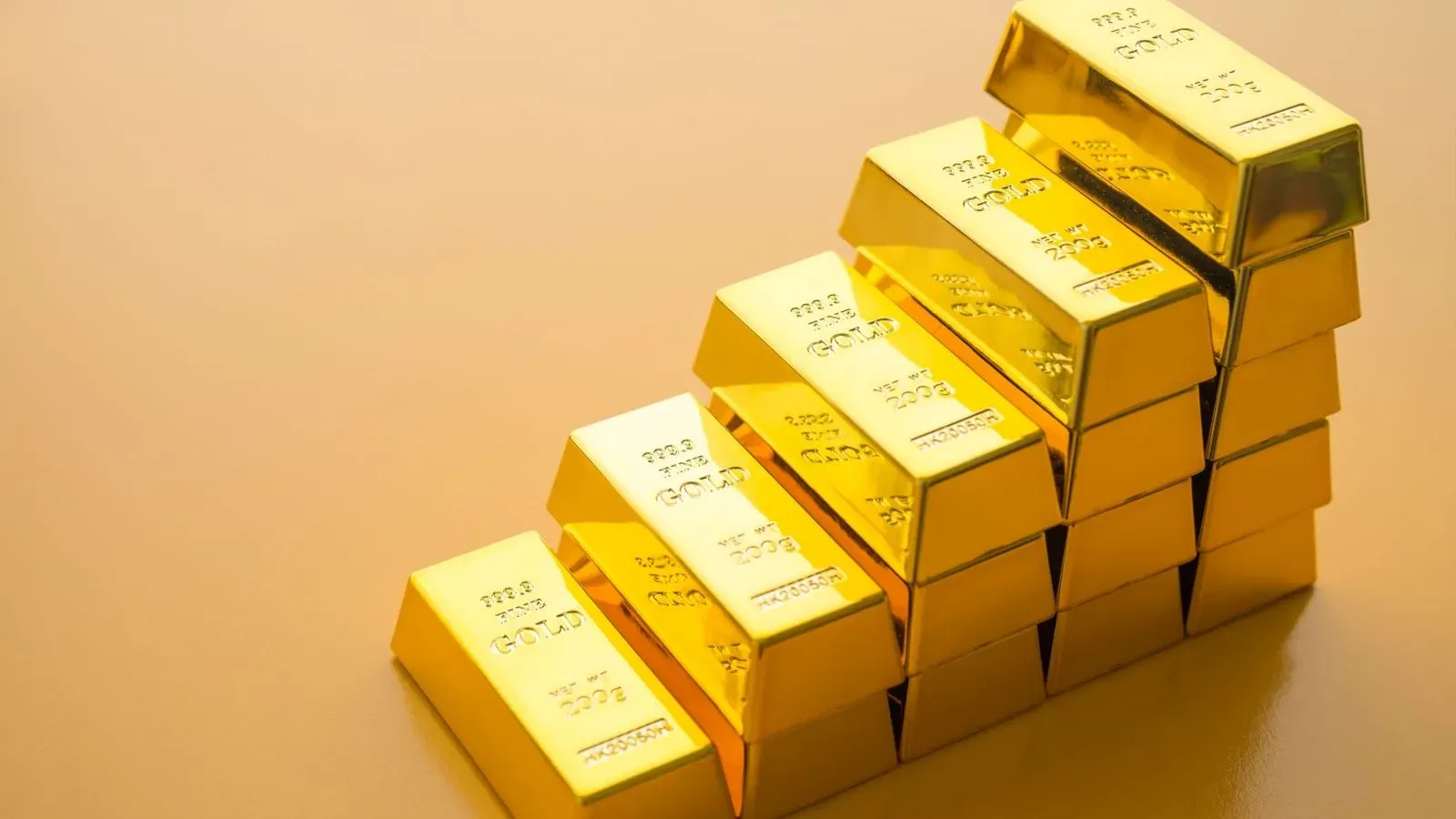Personal Finance News
Are Gold ETFs safe? Do they store physical gold in India or abroad? Key FAQs answered

3 min read | Updated on October 24, 2025, 10:10 IST
SUMMARY
Gold ETF investments: Given the buzz around gold and gold ETFs, there is a question in the minds of many investors: Are Gold ETFs safe? This article answers this concern and other related FAQs about safety of gold exchange traded funds.

Gold ETFs listed on Indian exchanges are domiciled in India. | Image source: Shutterstock
Amid rising gold prices in 2025, Gold ETFs have also witnessed a significant surge in their returns. As of today, most gold exchange-traded funds have delivered over 50% returns in the past year. Ahead of Diwali 2025, these ETFs recorded annual returns of around 60% or even higher.
However, given the buzz around gold and gold ETFs, there is a question in the minds of many investors: Are Gold ETFs safe? This article answers this concern and other related FAQs about safety, based on insights from a report by DSP Mutual Fund.
What happens when you buy gold ETF units?
When you buy units of a gold ETF, you pay a price per unit. The fund manager of the ETF uses the money paid by investors to buy standardised 1 kg gold bars with 995 purity, meeting the "Good Delivery" standards of the London Bullion Market Association (LBMA).
The LBMA represents the highest quality and standards in physical gold.
How do gold ETFs store the gold?
The ETF's fund manager uses the services of a third-party custodian for the physical settlement and storage of gold.
The gold purchased by the fund manager is kept in secure vaults within India. While some global firms, such as Deutsche Bank, also act as custodians for gold ETFs, the gold purchased by the fund manager is always held in secure vaults located inside India.
"None of the physical gold is held in London or any other location outside India," DSP MF says.
Where are the gold vaults located in India?
Currently, the main vaults of leading custodians of Gold ETFs are based in Mumbai and Ahmedabad.
Are Gold ETFs domiciled in India?
Yes. Gold ETFs listed on Indian stock exchanges like NSE and BSE are domiciled in India. Their gold holdings are also stored in safe vaults in India. These ETFs can be traded like shares of any listed company.
Are gold ETFs regulated?
Yes. Gold ETFs are regulated by the Securities and Exchange Board of India (SEBI). These ETFs are registered under the SEBI Mutual Fund Regulations, 1996.
Can Gold ETFs invest in any asset other than Gold?
SEBI regulations allow Gold ETFs to hold up to 0-5% of their portfolio in cash or cash equivalents. Minimum 95% of the portfolio of all gold ETFs needs to remain invested in gold and gold-related instruments at all times.
The gold-related instruments in which gold ETFs commonly invest include Exchange Traded Commodity Derivatives (ETCDS) having gold as the underlying asset.
However, gold ETFs can hold only a very small portion in ETCDs as the permissible cash holding for them is only up to 5%. These ETCDs are also domiciled in India and backed by physical commodities. "However, since the permissible cash holding is only up to 5%, it would enable the Gold ETF portfolio to hold a very small proportion in ETCDs. Further, such ETCDs are also domiciled and regulated in India and have a backing of the physical commodities," DSP MF says.
Related News
By signing up you agree to Upstox’s Terms & Conditions
About The Author
Next Story



